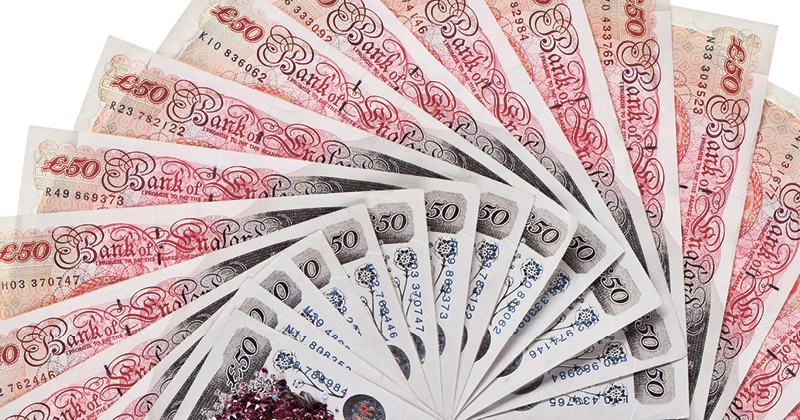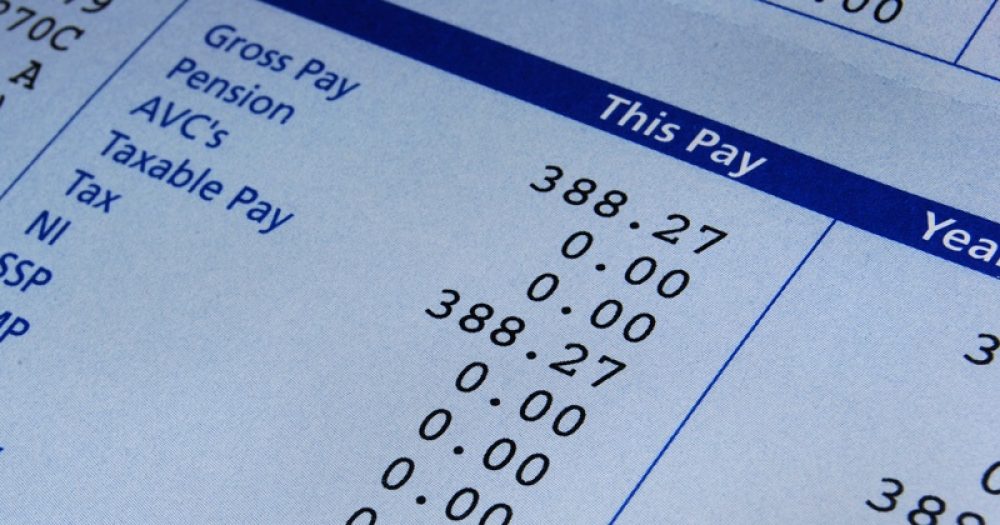Pay rises for teachers will remain capped at 1 per cent on average in 2017-18, the government has confirmed.
The government has this evening announced that it intends to accept a recommendation from the School Teachers Review Body that teacher pay scales for most teachers shift by 1 per cent.
The 1 per cent rise will apply to teachers on the upper pay range, unqualified teachers and leading practitioners, along with headteachers and other leaders.
The recommended rise is in line with the government’s cap on public sector pay rises, which many had hoped would be scrapped for teachers.
However the government has accepted the STRB’s recommendation that the top and bottom of the main pay range are uplifted by 2 per cent.
The government said teachers at the bottom of the main pay scale will now receive an automatic 2 per cent increase, however this was said to apply to just a “small proportion of teachers”.

A Department of Education spokesperson said: “We recognise and value the hard work of teachers which is why we have accepted the pay deal proposed by the independent School Teachers’ Review Body, in line with the 1 per cent public sector pay policy.
“This will ensure we continue to strike the balance between being fair to public sector workers and fair to taxpayers.
“This deal also allows headteachers to give some teachers up to a 2 per cent pay uplift – alongside generous training bursaries and competitive starting salaries.”
But Mary Bousted, general secretary of the Association of Teachers and Lecturers’ (ATL), said the government’s decision to stick with austerity pay sent the “wrong signal to exhausted school staff, to pupils and parents” – and would lead to more teachers quitting.
“It is disingenuous of the Government to say schools can pay some teachers more when school budgets are already squeezed so hard schools are having to make staff redundant. Without more funding this is just a nonsense.”
Concerns about school budgets have been compounded by the revelation in the STRB’s report that more than 60 per cent of secondary academies spent more than their income in 2014-15.
Last year, the STRB recommended a 1 per cent rise, but warned of the need for a “significantly higher” rise before 2020.








Why not email Justine Greening. I just have, possible a bit intemperatly. Vent your anger. Go on, it’ll make you feel better for a few seconds
greeningj@parliament.uk
The numbers in the profession will continue to go down and recruitment will be more than a challenge for the government.It seems that no matter what bad news comes out,the powers that be are in constant denial.Teachers have to think seriously about their future in the long term because nothing is going to change anytime soon.The nurses too are in the same position and both of these public sectors do a great job but sadly their true worth is being ignored which surely cannot go on without serious consequences.
Apparently, Theresa needs some ideas. Here’s one: pay public sector workers properly. Oh, hang on, one group of public sector workers are doing very nicely after an 11% pay rise…who are they again?
MP’s get an 11.4% pay rise in TWO years!!!!
MPs will be given a £1,049 pay rise from April which will see their salaries rise to £76,011 while public sector workers face a continued cap.
The Independent Parliamentary Standards Authority has announced that MPs pay will rise by 1.4 per cent, their second hike since the General Election.
Theresa May’s official spokesman yesterday distanced her from the rise, saying it was a “matter for MPs” but did not say whether she will accept it herself. Pay rises in the public sector are capped at 1 per cent a year until 2020.
Ipsa said: “This is in line with our determination on MPs’ pay, published in July 2015, where we committed to adjusting MPs’ pay for the rest of this Parliament at the same rate as changes in public sector earnings published by the Office of National Statistics .”
However, the pay rise is still below inflation which hit a two-and-a-half-year high of 1.8 per cent in January and is expected to head towards three per cent later this year.
In 2015 IPSA made the decision to increase MPs’ salaries by 10 per cent last year from £67,000 to £74,000.